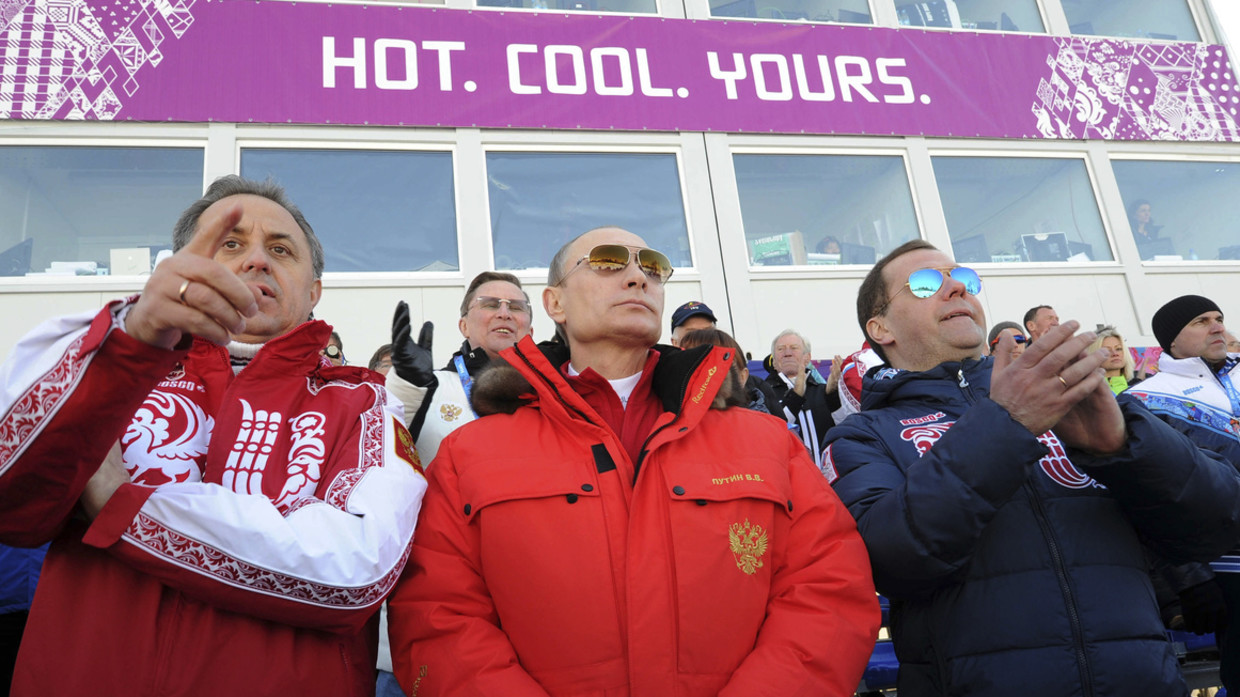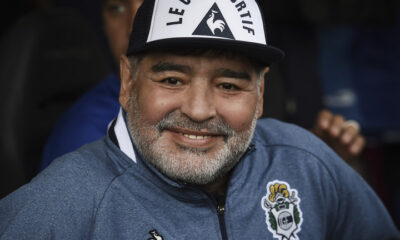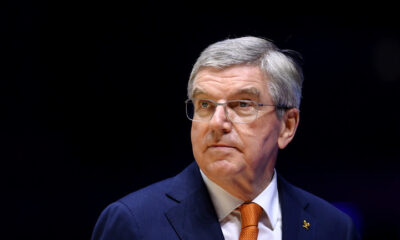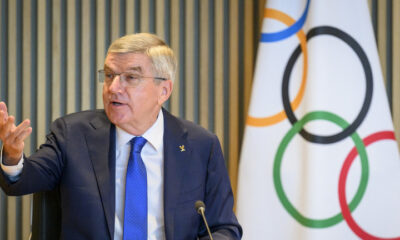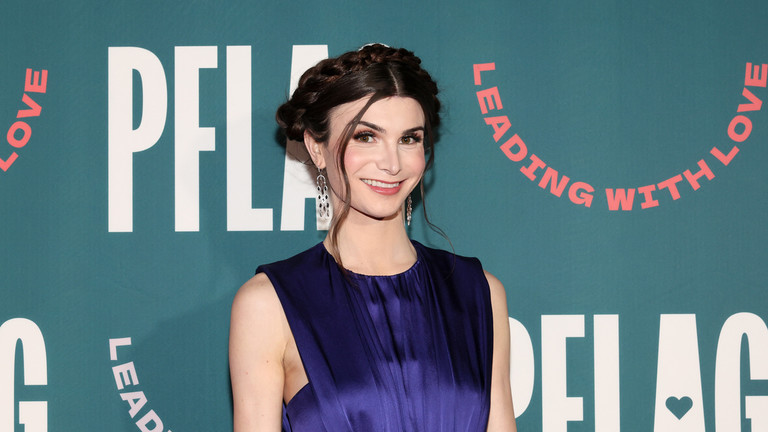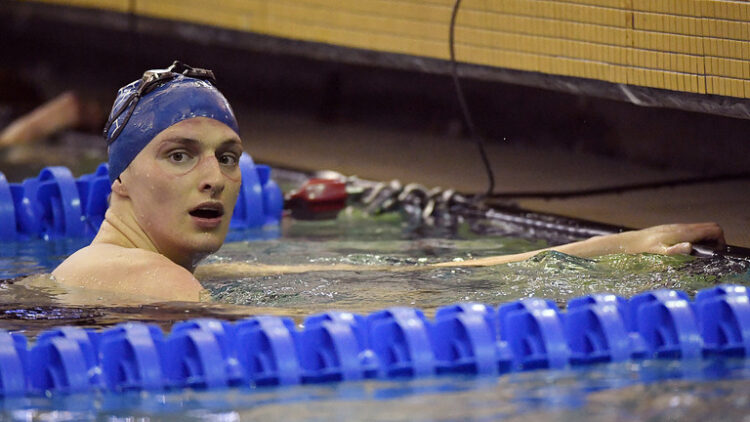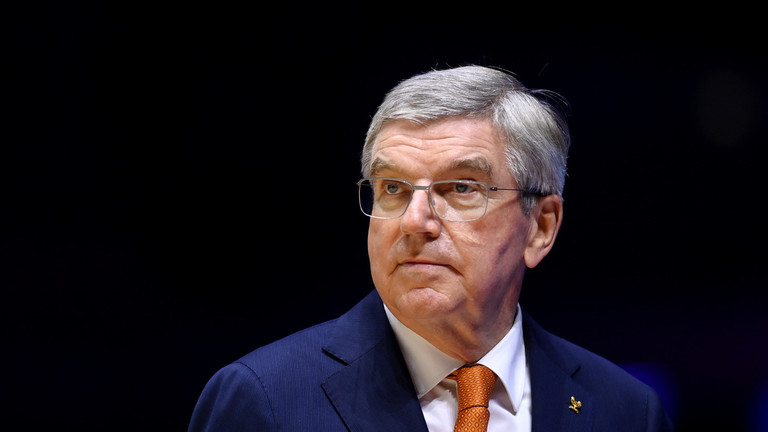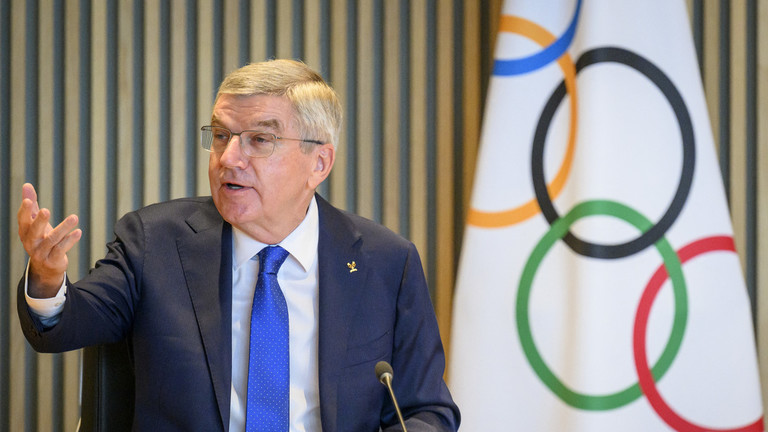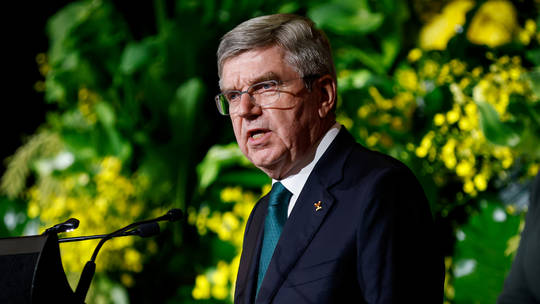Russia will be banned from major international sporting events for the next two years after the Court of Arbitration for Sport (CAS) sided with the World Anti-Doping Agency (WADA). Here, we look at the consequences of the ruling.
CAS announced on Thursday that it had reduced Russia’s ban from four to two years on appeal, but the decision still means the Russian flag and anthem will be absent from the next two editions of the Olympic Games – Tokyo in the summer of 2021, and the Winter Games in Beijing in February 2022 – as well as the FIFA World Cup in Qatar in 2022, should the Russian team qualify.
The ban was upheld after WADA accused the Russian Anti-Doping Agency (RUSADA) of manipulating laboratory data it had sent to the agency back in 2019 as part of the terms of its reinstatement.
Thursday’s decision by CAS means the Russian ban will run until December 16, 2022.
These are the main takeaways:
MIXED REVIEWS
The decision by CAS was met with a mixed response.
The head of WADA, Witold Banka, welcomed it, saying: “WADA is pleased to have won this landmark case… Russia will not be permitted to participate in, bid for or host any covered event, including two editions of the Olympic and Paralympic Games and many other major events, for the next two years.
“The Russian flag will not fly nor its anthem played. This sends a clear message that institutionalized cheating and concerted efforts to subvert the global anti-doping system will not be tolerated.”
However, others claimed that reducing the ban from four to two years sent the wrong signal.
Travis Tygart, CEO of the United States Anti-Doping Agency (USADA), has been a keen proponent of a blanket ban on Russian athletes, and called the decision a “weak, watered-down outcome.”
“To once again escape a meaningful consequence proportional to the crimes, much less a real ban, is a catastrophic blow to clean athletes, the integrity of sport, and the rule of law,” Tygert said in a statement.
Elsewhere, the head of the Russian Olympic Committee, Stanislav Pozdnyakov, accused CAS of “failing to consider” his team’s argument in the appeal they had made.
Pozdnyakov added that Russia’s will reserve the right to potentially pursue one final legal avenue with its case, namely through the Swiss Federal Tribunal.
NO PUTIN AT THE OLYMPICS?
Under Thursday’s decision, Russian government officials and representatives will be banned from attending events such as the Olympics and world championships for the period covered by the suspension.
So, you won’t be seeing Putin popping up in Tokyo or Beijing… or will you?
One proviso added by CAS was that “this order does not apply to a Government Representative who is invited to a specified event by the Head of State or Prime Minister (or equivalent) of the host country of that specified event.”
So, if Chinese President Xi Jinping, for example, felt like inviting Putin to the Beijing Games in 2022, the Russian leader would be free to attend.
MORE ‘OLYMPIC ATHLETES FROM RUSSIA’?
Russian athletes who are cleared to appear at the Olympics and any world championships will have to do so as neutrals – just as they did at the Winter Games in PyeongChang in 2018.
On that occasion, they appeared clad in grey under the name ‘Olympic Athletes from Russia’.
It is as yet unclear what name exactly Russian athletes would compete under should they be granted permission to perform at the Olympics, but the CAS ruling outlined some of the terms and conditions regarding what they will have to wear.
The ruling stated that athletes from Russia must “participate in a uniform to be approved by the relevant signatory which shall not contain the flag of the Russian Federation (current or historical), or any national emblem or other national symbol of the Russian Federation.”
However, it somewhat confusingly added that “for the avoidance of doubt, the uniform may contain the colours of the (Russian) flag.”
As for the name ‘Russia’ and its presence on uniforms, the ruling stated: “If the uniform contains or displays the name ‘Russia’ (in any language or format), the words ‘neutral athlete’ (or an equivalent) must be displayed in English in a position and size that is no less prominent than the name ’Russia’.”
NO FLAG AND ANTHEM – UNLESS YOU’RE A FAN
While the ruling made clear that the Russian national anthem cannot be played or sung at any official venue, and flags also cannot be displayed, it did note that fans would not be covered by the ban on symbols.
“This order does not require a signatory to prevent spectators from bringing the flag of the Russian Federation (current or historical) into official venues of an Olympic Games, Paralympic Games or any World Championships venue,” the ruling read.
So you’re likely to still see the odd Russian flag being flown loud and proud at the Olympics and world championships, if only from the stands.
NO MAJOR WORLD CHAMPIONSHIPS ON RUSSIAN SOIL FOR TWO YEARS
The CAS ruling stated that Russia was ruled out of bidding for or hosting any Olympic events or world championships during the ban period.
“[Russia] may not host in the two-year period, or bid for or be granted in the two-year period the right to host (whether during or after the two-year period), any editions of… the Olympic and Paralympic Games (winter or summer), any world championships organized or sanctioned by any [WADA] signatory,” the ruling said.
However, the 2023 World Ice Hockey Championships set for St Petersburg will go ahead as planned, as the event falls outside the ban.
BUT… THE EUROS NOT AFFECTED
The CAS ruling does not affect the UEFA European Championships which take place next summer, and part of which are due to be played in St Petersburg.
UEFA is not defined by WADA as a “major event organization”.
Likewise, Russian clubs are free to continue to play in the UEFA Champions League, which is widely considered the biggest and most prestigious club competition in world football.
COUGH UP IF YOU WANT TO COME BACK
Under the CAS ruling, part of the terms for RUSADA to be reinstated included financial penalties.
The Russian organization was ordered to pay $1.27 million to WADA to cover the costs sustained by the agency in the course of the current legal case, as well a fine of 10 percent of its 2019 income or $100,000 (whichever is lower) within 90 days of notification of the CAS decision.

 NEWS2 months ago
NEWS2 months ago
 NEWS2 months ago
NEWS2 months ago
 NEWS2 months ago
NEWS2 months ago
 INVESTMENTS2 months ago
INVESTMENTS2 months ago
 FINANCE2 months ago
FINANCE2 months ago
 FINANCE2 months ago
FINANCE2 months ago
 WAR2 months ago
WAR2 months ago
